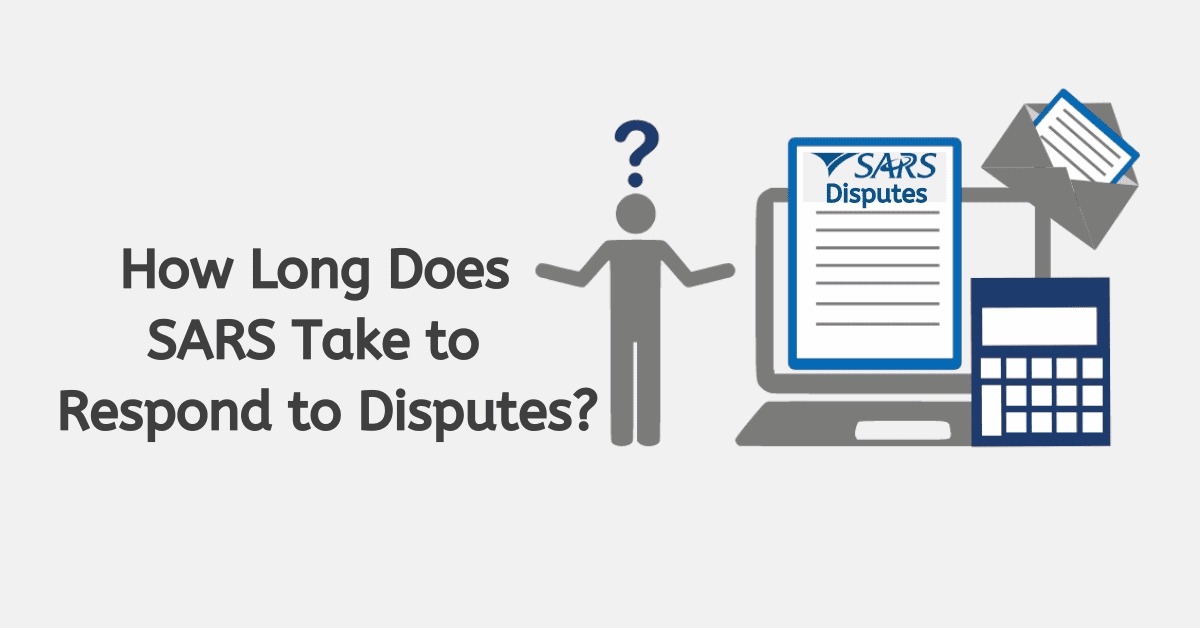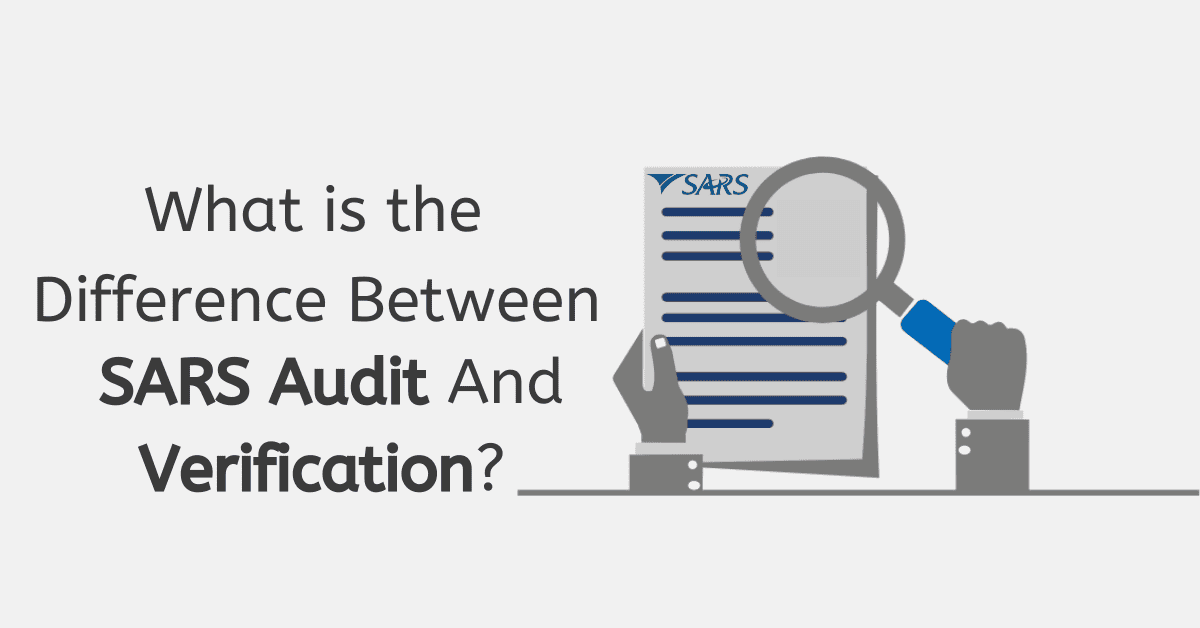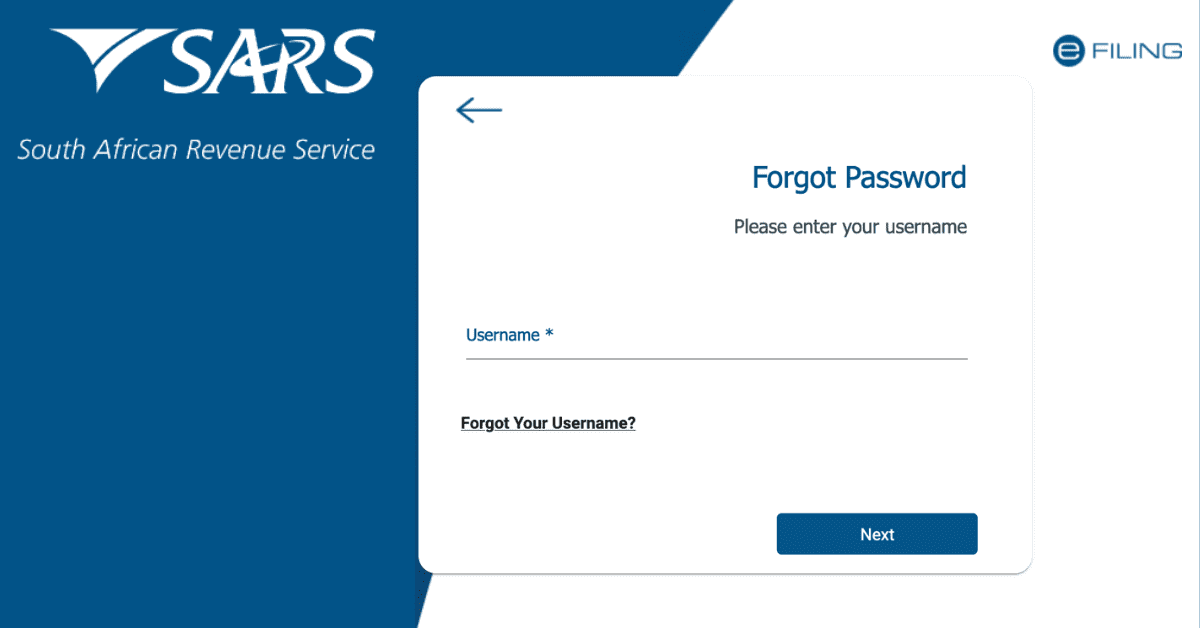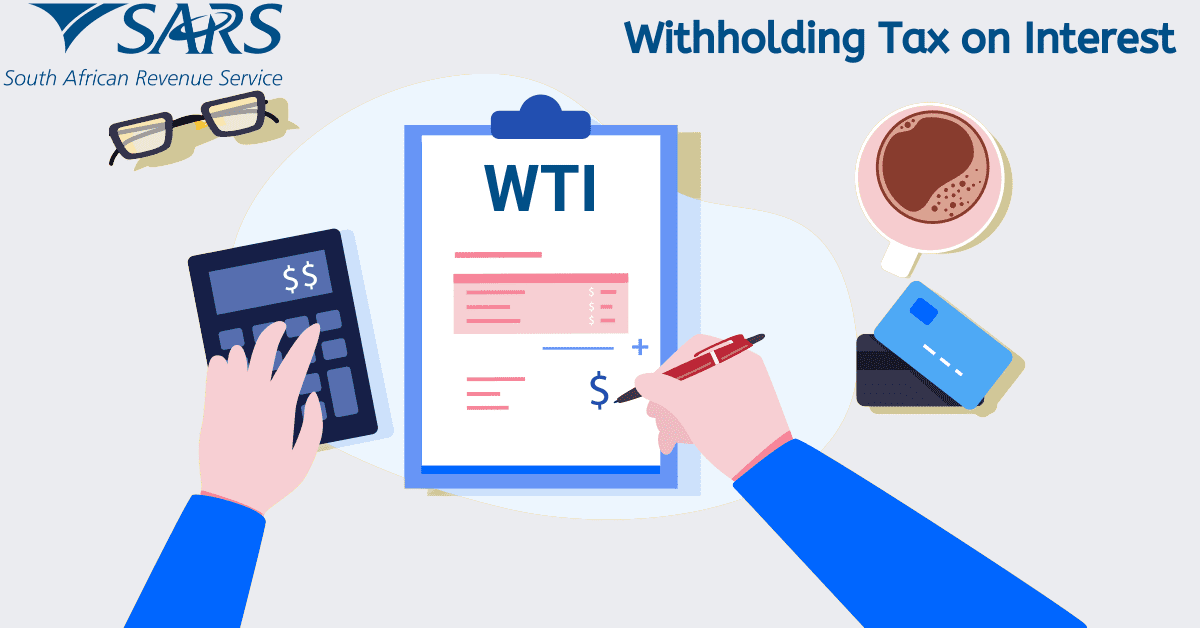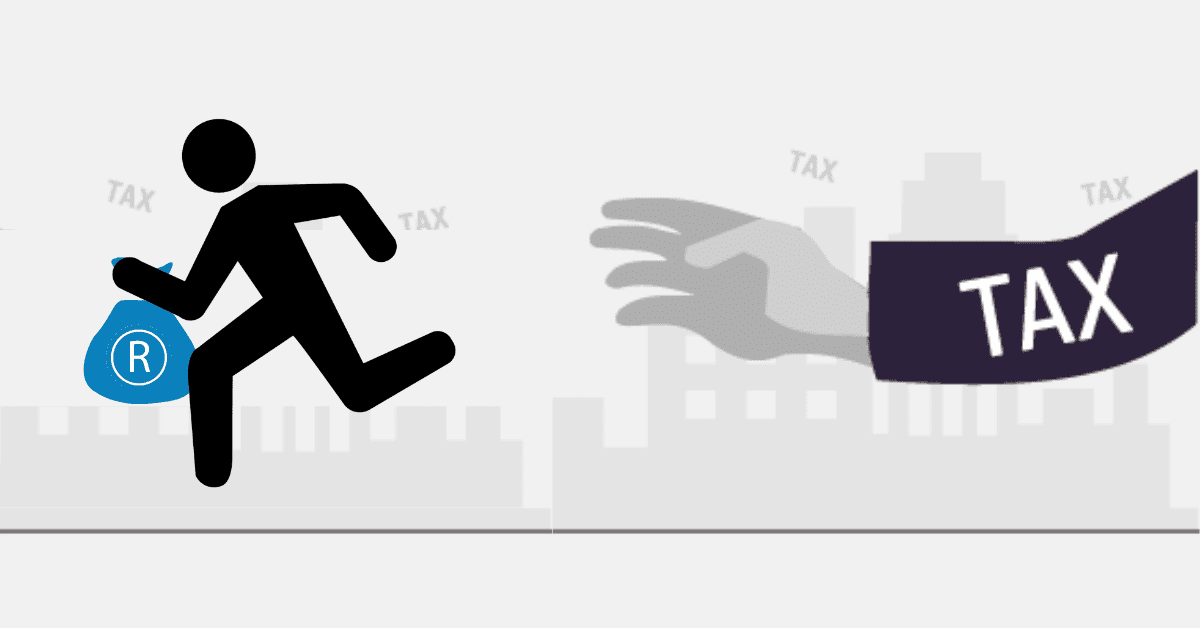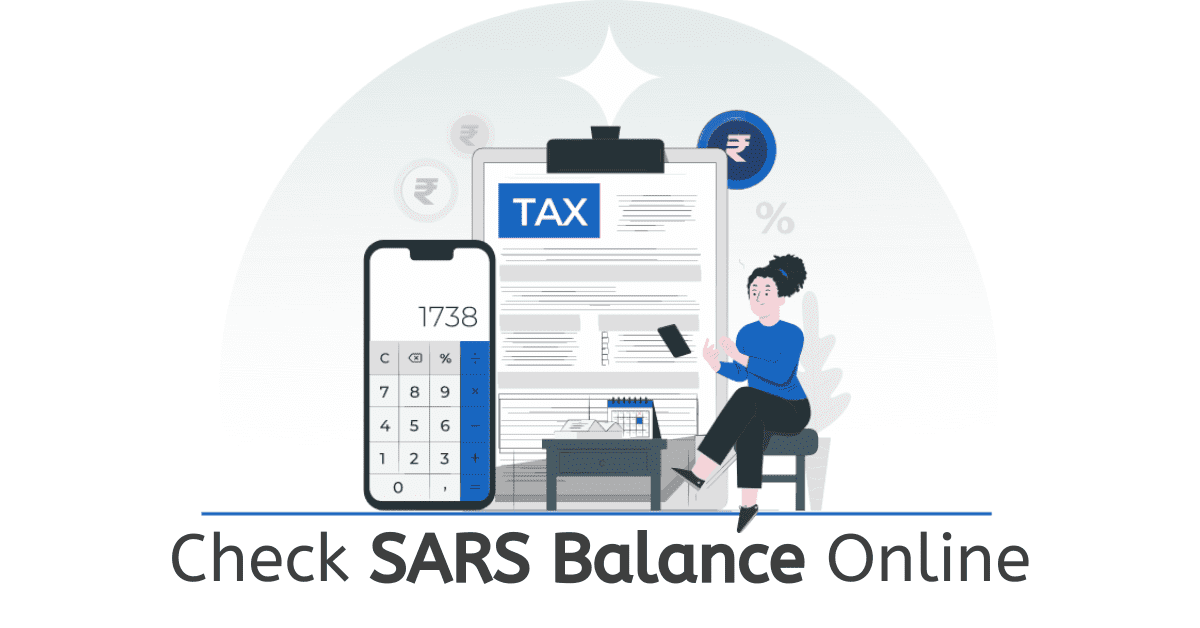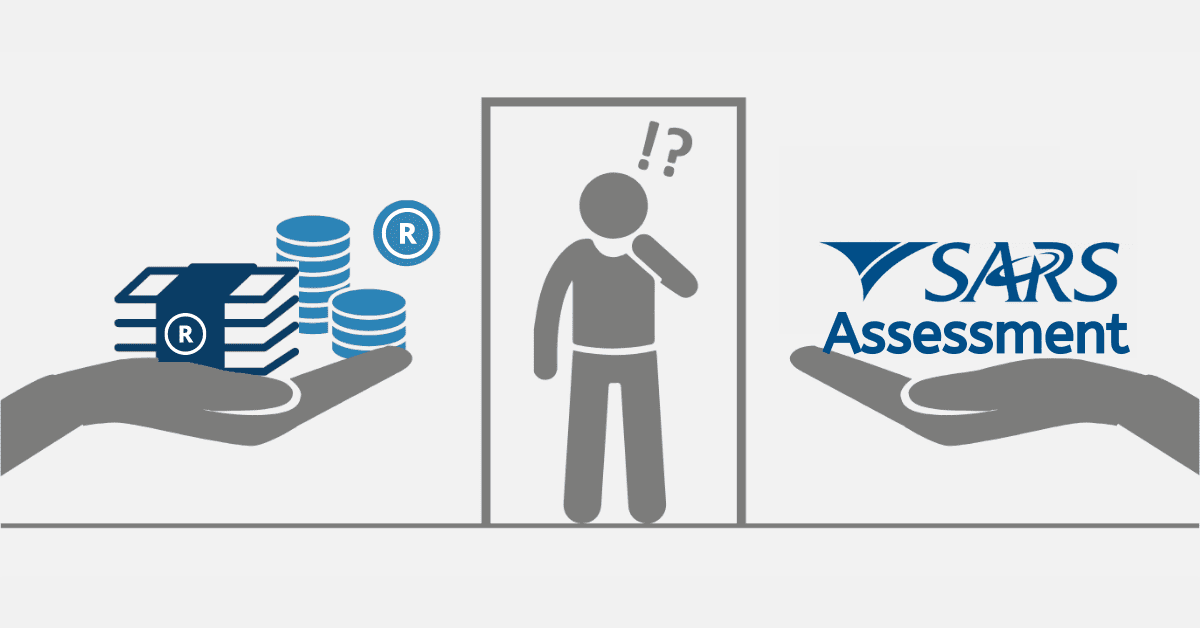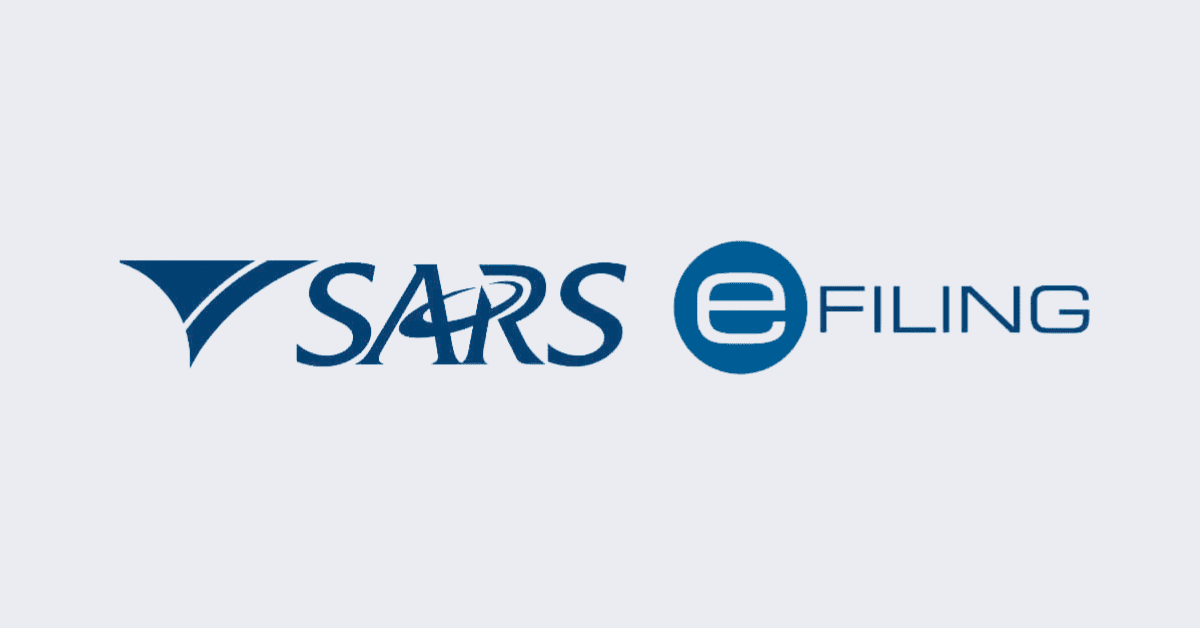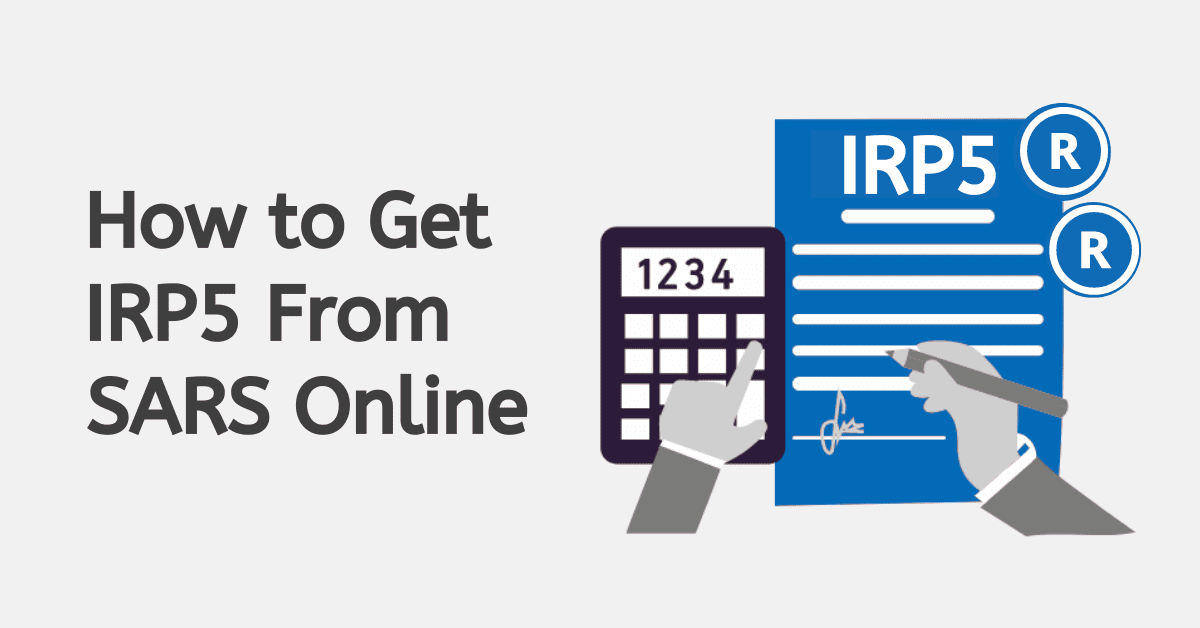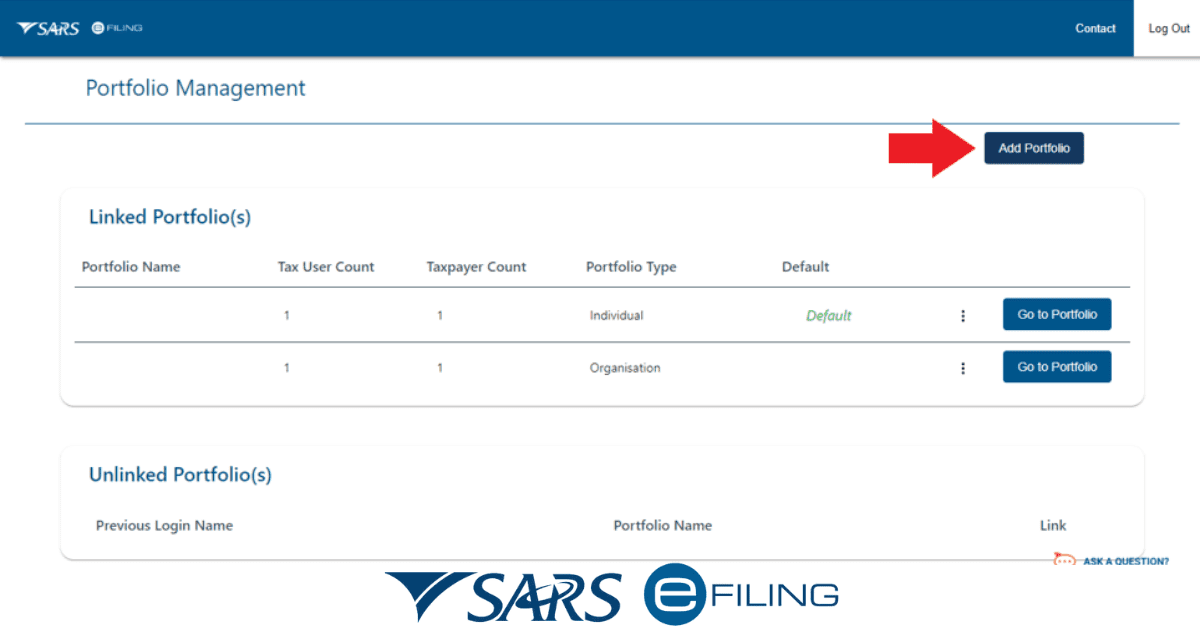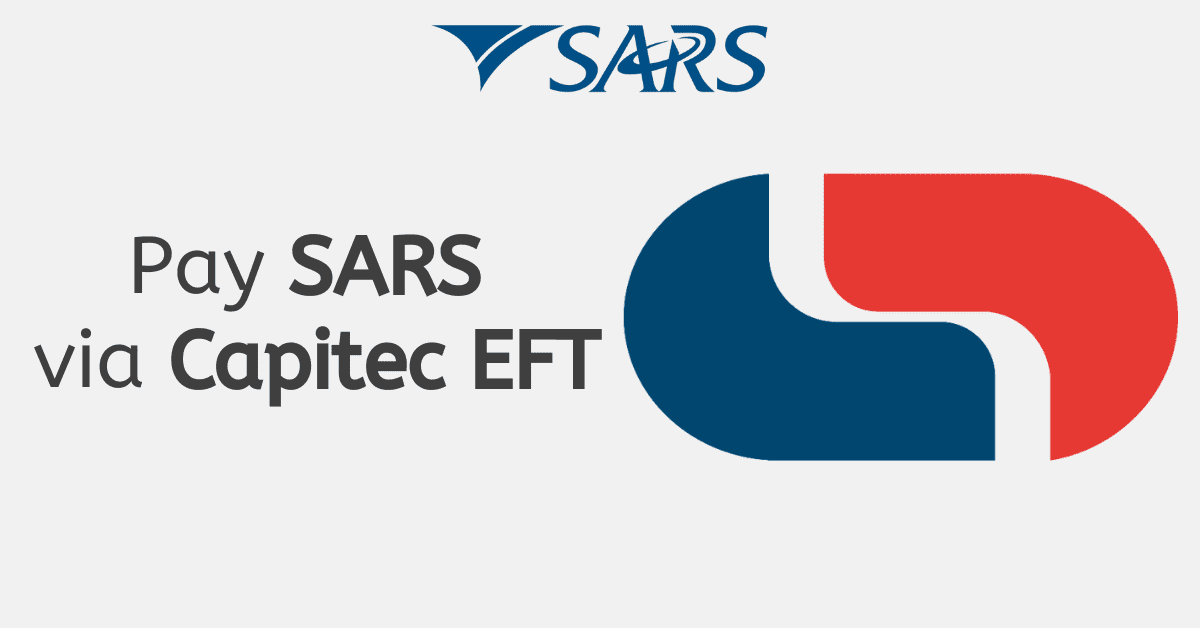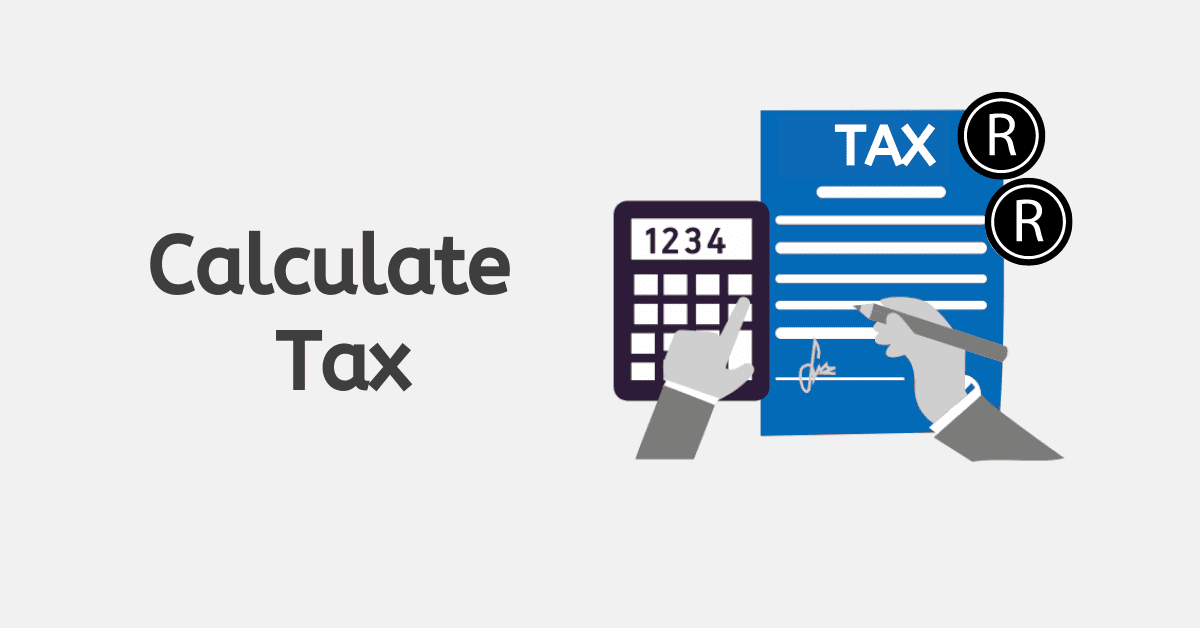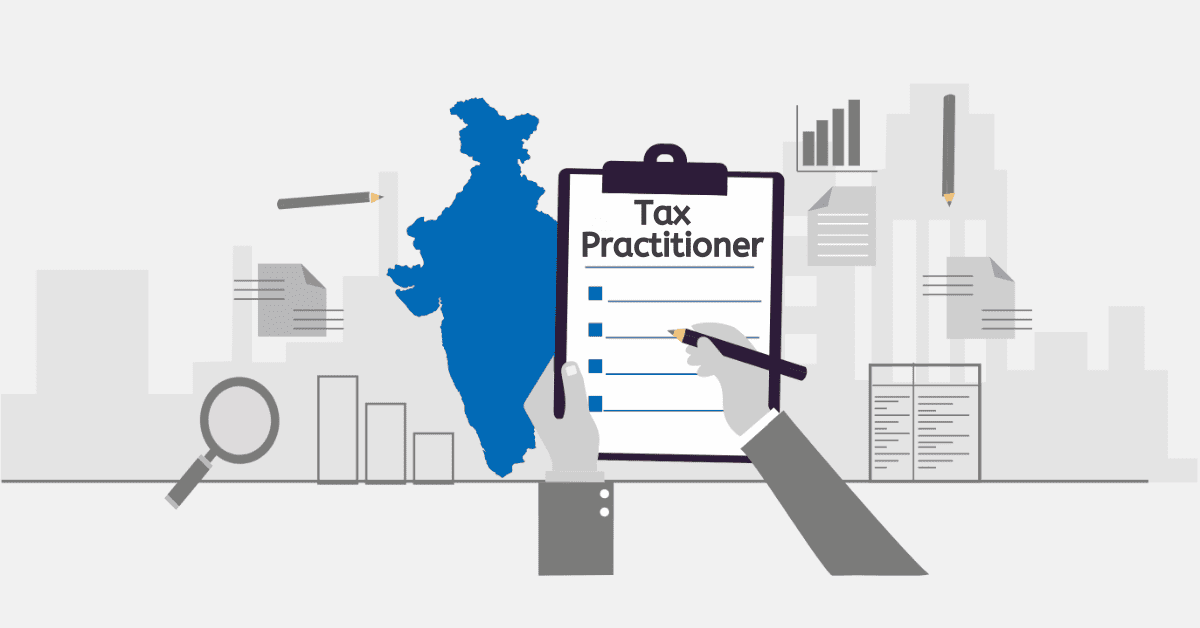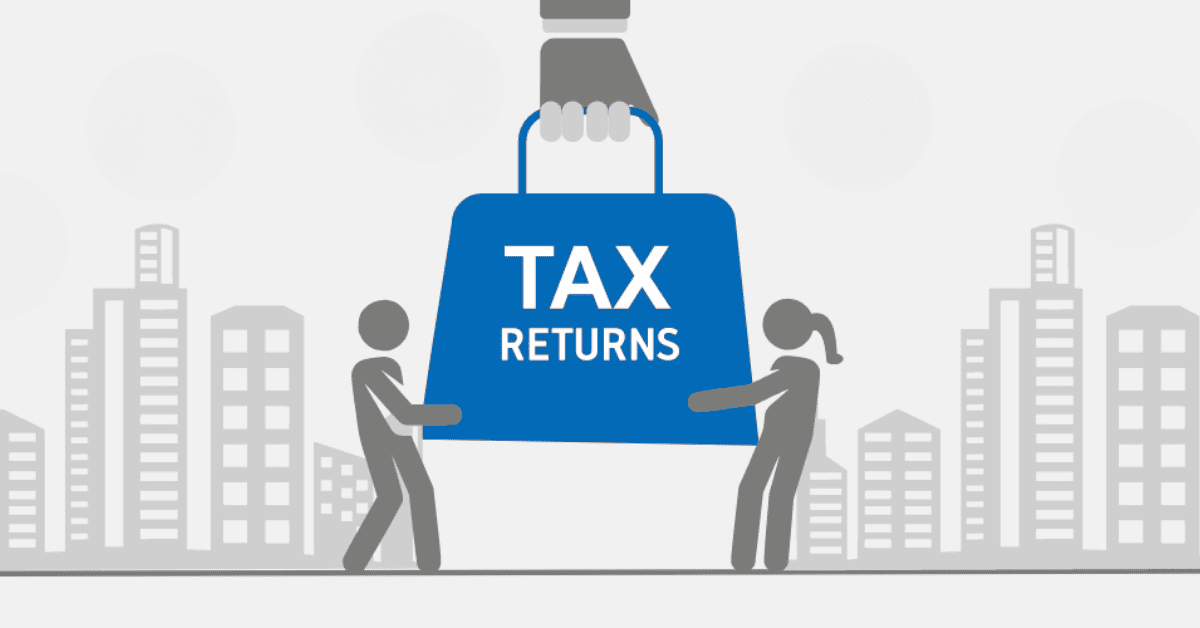All individuals who are registered for income tax are required to submit their annual income tax to the South African Revenue Service (SARS). During the tax year or assessment year, which runs from 1 March to 28/9 February the following year, you must complete your annual income tax return and submit it to SARS. However, not everyone qualifies for tax returns. This article explains everything you want to know about tax returns.
Who Qualifies for Tax Returns in South Africa?
To qualify for tax returns in South Africa, you should receive taxable income and you pay tax to SARS. Most people who pay taxes to SARS get auto-assessment requests, so their tax files are automatically processed. To be eligible for a tax return, you should meet the following requirements:
- You get income from employment in the form of salaries, bonuses, wages, fringe benefits, overtime pay, and allowances
- Profits earned by beneficiaries of trusts
- Profits and losses from your business
- Money from foreign dividends
- Pension income
- Rental income
- Annuities
- Capital gains
Individuals who should file tax returns should earn more than the threshold of R500 000 per annum. You do not need to file a tax return if you do not meet the requirements below.
- You earn less than R500 000 per year.
- Your employer is the only source of income during that tax year (No other sources of income such as rental money, travel allowance, business income, car allowance, taxable interest, or fringe benefits.
- You don’t have deductions to claim
- SARS has not asked you to complete auto assessment
Who Must Submit a Tax Return in SA?
All people who are registered for income tax are required by the law to submit annual tax returns to SARS. You will be required to file your tax return during the tax year from 1 March to 28 or 29 February the following year. You should be earning more than R500 000 per year to be able to submit a tax return. Individuals must complete the tax return called the ITR12. You will be liable for penalties if you fail to do this.
What Is the Minimum Income for SARS Tax Return?
The minimum income for a SARS tax return is R500 000, and you have no other source of income apart from the money you earn from your employer. Individuals who earn more than R95 750 and are younger than 65 years are liable to pay income tax. Furthermore, for people who are above 65 years but below 75 years, income tax becomes payable if you exceed the threshold of R148 217. A taxpayer above 75 years must earn R157 900. These rates for tax chargeable on individual income are determined by the parliament.
As the taxable income increases, the rate of tax levied also increases. Different factors are considered to determine the tax rate, such as salary scales in different industries, which are determined by one’s grade. Inflationary forces on the economy also play a role in shaping the tax regime in South Africa.
How Much Do You Have to Earn to Submit a Tax Return in South Africa?
To submit a tax return, you must earn more than R500 000 per year, which is equivalent to R41 666 per month. The money you earn can come from different sources, but you need to provide the details of all your sources of income. The tax threshold for individuals determined by age includes the following:
- Younger than 65 years: R91 250
- Above 65 years but below 75 years: R141 250
- Above 75 years: R157 900
The taxable threshold is reviewed every tax year between 1 March and 28/9 March the following year.
What Happens if You Don’t Submit a Tax Return South Africa?
Failure to submit your tax return is a punishable offence in South Africa. As long as you earn taxable income from different sources within the country, you are liable to pay tax and file your tax return. SARS compiles all the information about taxpayers, so you can never get away with it.
According to the Tax Administration Act (TAA), non-compliant taxpayers are liable to fixed amounts of administrative penalties. SARS will first send a final letter of demand asking you to submit your tax return within 21 days. Failure to settle your tax credit will lead to a fixed admin penalty ranging from R250 to R16 000, depending on your taxable income and the outstanding amount you owe. The penalty comes with an interest, which will be levied for 35 months.
If you cannot settle the amount due, you should opt for a voluntary disclosure program (VDP) to get relief from your tax burden. With VDP, SARS will not lay criminal charges on you so you can settle your outstanding tax. It is vital to find a way to put your house in order because penalties will stay on your account as long as they are not paid. This can only complicate your financial status.
When you earn taxable income in South Africa, you are supposed to submit tax returns to SARS. Those who fail to fulfil their tax obligations often face different types of penalties. To be on the safe side, you need to ensure that you submit your tax returns on time and never falsify information in an attempt to evade paying your taxes.
